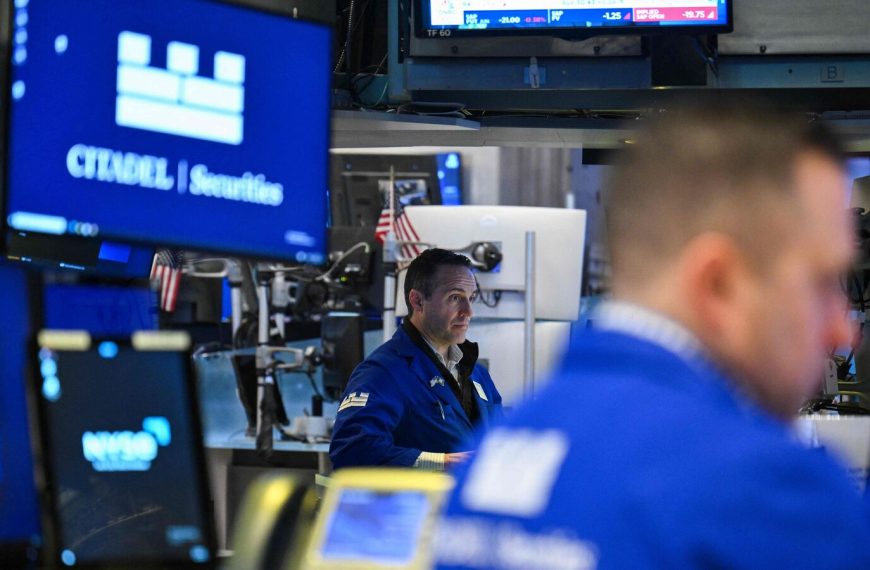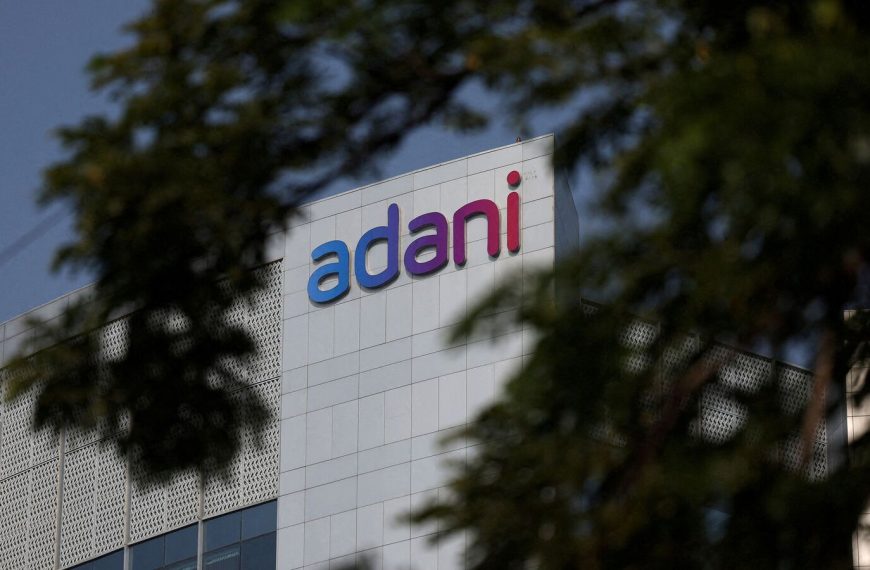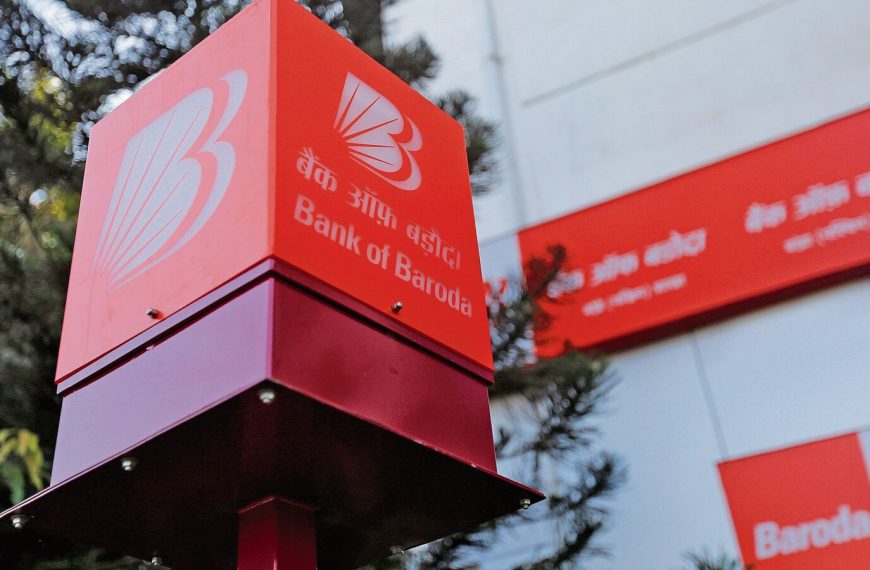India’s financial watchdog is currently reviewing requests from the Adani Group and its international investors to settle numerous regulatory violations. This decision comes as the Securities and Exchange Board of India (SEBI), recently under new leadership, reassesses its internal settlement processes. The review aims to address inconsistencies in settlement procedures and clarify penalties, which has raised concerns about effective enforcement.
SEBI’s Settlement Review Process
According to insiders, this evaluation could take up to three months. Once concluded, the Adani Group’s requests will be reconsidered under the updated framework. As per SEBI’s existing settlement guidelines, parties involved can opt to pay fines or comply with regulatory mandates without admitting guilt.
- Key Points:
- SEBI has been scrutinizing 24 allegations against the Adani Group since 2023.
- The Adani Group has faced significant scrutiny following accusations from the U.S. short-seller Hindenburg, which claimed the conglomerate engaged in stock manipulation and utilized tax havens.
- Despite an initial market plunge of $150 billion attributable to these allegations, Adani stocks have shown signs of recovery.
Ongoing Investigations and Allegations
Gautam Adani and other senior executives are also under investigation by U.S. authorities, facing allegations of bribery to secure contracts in the Indian power sector and allegedly misleading U.S. investors during fundraising efforts. Recently, the Adani Group informed Indian stock exchanges that an independent review found no legal violations by its officials.
In its ongoing investigation, SEBI has highlighted various charges against Adani Enterprises, Adani Ports, Adani Energy, and Adani Power. These companies are accused of misclassifying certain shareholders as public, which is a violation of regulations mandating that at least 25% of a listed company’s shares must be held by public investors.
Implications for Adani Group
- Twenty-six other entities linked to the Adani Group are implicated in the same misclassification issues, particularly concerning shares held by three offshore funds connected to Vinod Adani, brother of Gautam Adani.
- For the settlement to proceed, it is essential that these companies adjust their shareholding classifications to align with regulatory requirements.
Moreover, a dozen offshore funds that have invested in Adani companies are under scrutiny for breaching disclosure regulations and exceeding designated investment limits, as reported last year.
Conclusion
As the SEBI undertakes this comprehensive review, the future of the Adani Group’s regulatory challenges hangs in the balance. The outcome of this assessment will not only impact the group’s operations but will also shape the broader regulatory landscape for corporate governance in India.
For those interested in the latest developments surrounding the Adani Group, be sure to stay updated on financial news platforms and follow SEBI’s announcements for the most accurate information.










